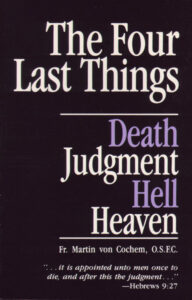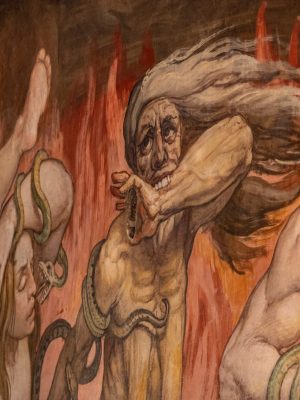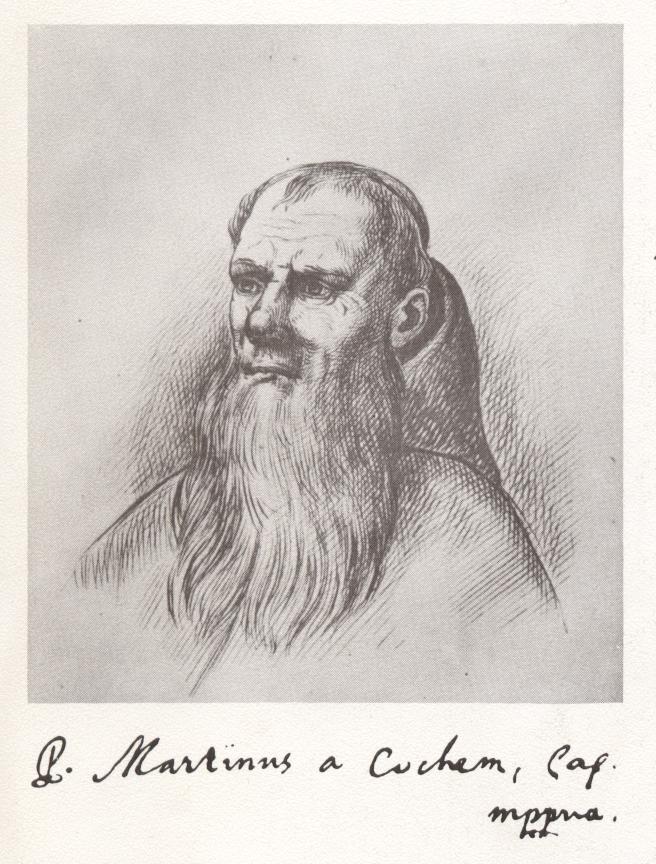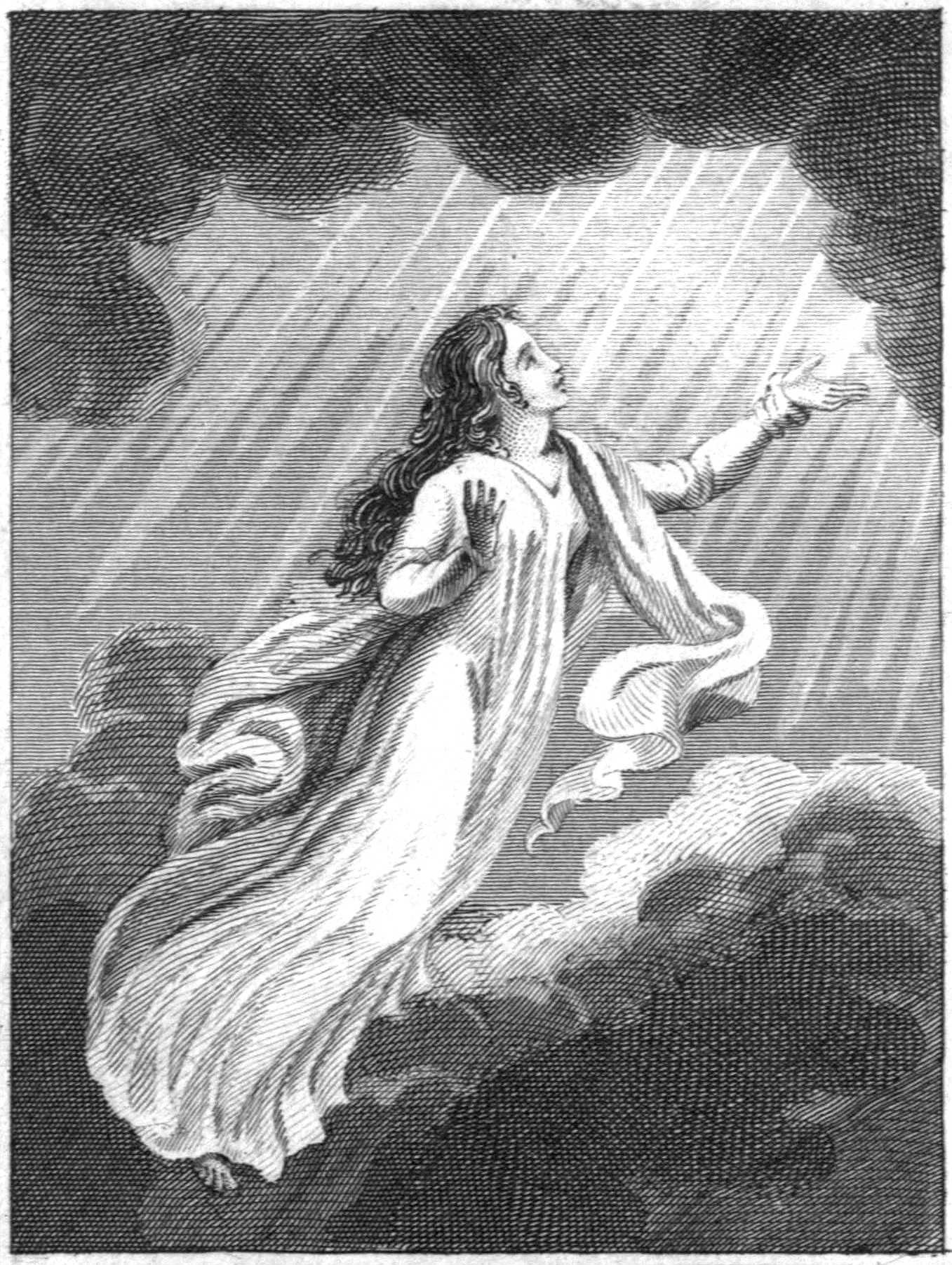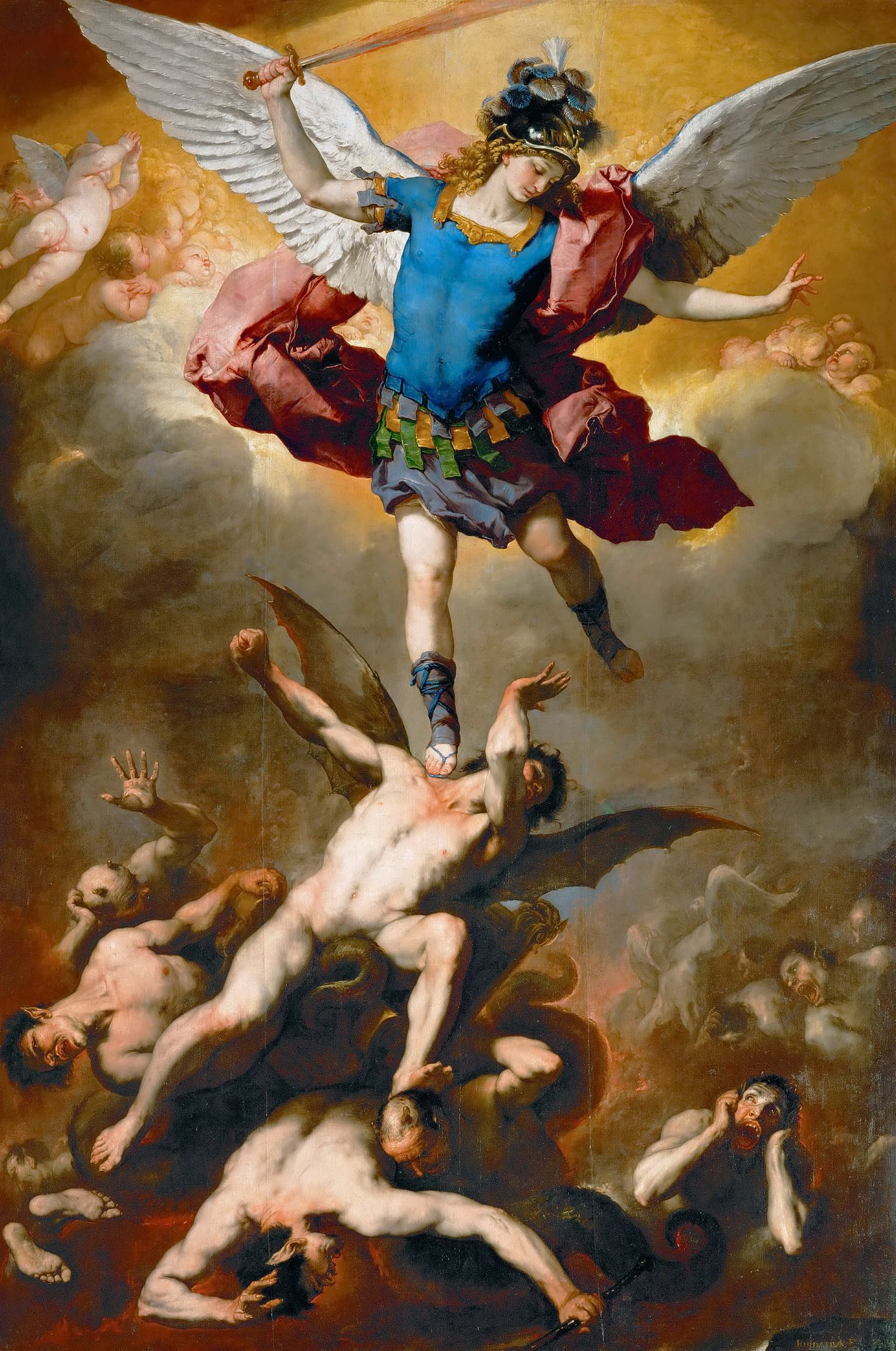Although in the present day many are found to deny the existence of hell, or, at any rate, the eternity of punishment, we do not consider it incumbent upon us to bring forward a number of proofs that there is such a place as hell. In the case of the Christian reader, evidence of this nature is quite superfluous, because he will not have made shipwreck of his faith. Indeed, what further proofs can be required for the existence of hell and the eternity of punishment, seeing that the prophets, that Christ Himself, that the apostles, and the Fathers of the Church, nay, the very Turks and heathens, speak of it as an unquestioned fact.
Those who deny the existence of hell must consequently be counted amongst the fools who say in their heart that there is no God who punishes their misdeeds. It would undoubtedly be very agreeable for these people if all things ended with this life, if there were no day of reckoning, or if, at least, the infernal regions were somewhat less intolerable. This accounts for their catching at any apparent arguments wherewith to delude themselves and lull to sleep their fear of the eternal chastisements of hell. We will not enter upon any examination of the wretched sophisms wherewith these fools deceive themselves; for the teaching of the Catholic Church on this point is all we need. She teaches that there is a place or state of unequalled and never-ending pain in reserve for the damned.
We know that there really is fire in hell, from the words Christ spoke to the wicked: “Depart from Me, ye cursed, into everlasting fire, which was prepared for the devil and his angels” (Mt 25:41). This shows that there is real fire in hell, and that in it the damned must burn eternally. What the intensity of that pain will be it is beyond the power of man to depict. For all of the varied kinds of physical suffering to which man can be subjected, there is none so great, so cruel, so agonizing, as that which is caused by fire. The rack, the wheel, the amputation of a man’s limbs, are all terrible torture, but they are not to be compared to the pain of burning. If one does but touch a red-hot iron, what exquisite pain it occasions!
In a moment the skin is off, the raw flesh protrudes, blood and matter exude from the wound, and the pain goes to the very marrow of our bones. One cannot refrain from crying out and screaming as if one had lost one’s senses. Now if momentary contact with the red-hot iron causes such acute pain, what would it be if one had to hold a red-hot iron for any length of time! Now just imagine that thou wert sentenced to be burned alive for thy sins, and for the whole of a livelong day thou didst stand amid the flames, unable to die. How piteously thou wouldst weep and wail, how loudly thou wouldst shriek and roar in thy agony, so that the heart-rending cries wrung from thee by the torture thou endurest would not only cause the bystanders to shudder, but fill them with sincere compassion. That man must indeed be stony-hearted who could bear to look unmoved on such a spectacle.
This article is taken from a chapter of The Four Last Things by Fr. Martin von Cochem, O.S.F.C., which is available from TAN Books.
